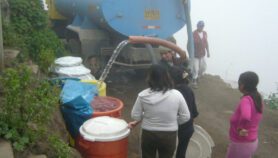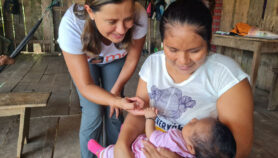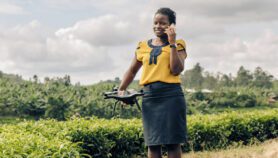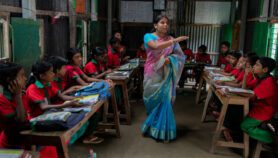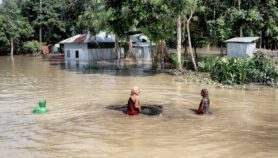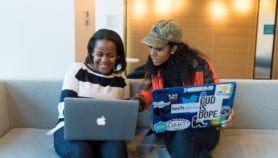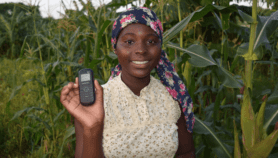By: Shiow Chin Tan
Send to a friend
The details you provide on this page will not be used to send unsolicited email, and will not be sold to a 3rd party. See privacy policy.
A new institute to look into the impact of mobile banking and payment systems in the developing world is being set up at the US-based University of California Irvine’s School of Social Sciences.
Launched last month (18 September), the Institute for Money, Technology and Financial Inclusion aims to provide funding for researchers in the developing world interested in how the world’s poorest people spend and save money.
Bill Maurer, founding director of the institute and chair of the university’s anthropology department, says the institute aims to promote research on the use of money or currency instruments like cheques and credit cards, as well as other means of saving, storing and transferring value.
Though there has been an explosion of activity in this area over the last couple of years, there has been little sustained academic research, says Maurer.
"The institute is particularly interested in research that addresses the potential for the world’s poorest people to use new technologies designed to serve as carriers of currency, such as mobile phones, plastic cards, and mobile point-of-sale terminals," he says.
Maurer adds that the institute is also interested in non-currency based tools currently used, like livestock, land and other transferable valuables, as well as the design and implementation of new systems for increasing financial inclusion among the world’s poor.
"We will be looking for proposals that have the potential for transformative interventions, new thinking and unexplored possibilities," he says.
In addition to providing research funds, the institute will organise conferences and workshops, as well as create a database of existing and new research in the field.
The institute is being funded by a US$1.7 million grant from the Bill and Melinda Gates Foundation, under its Financial Services for the Poor initiative.
More than half of the grant, which will be administered through the university and runs until August 2011, will go directly to developing world researchers in the form of grants and conference support.



